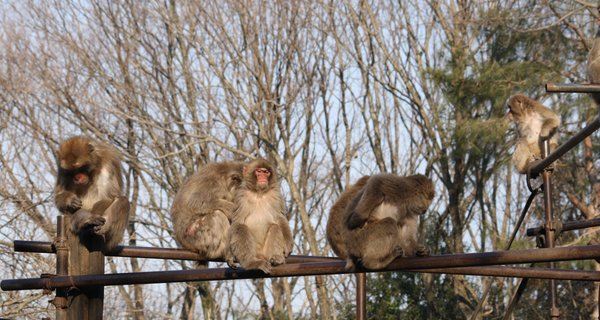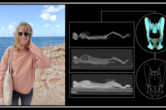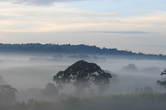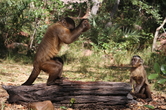Sex steroid precursor peaks in neonatal macaques

CICASP student Rafaela Takeshita and her collaborators from the department of Ecology and Social Behavior at KUPRI and the Zoology Department at Okayama University of Science have just discovered that neonatal Japanese macaques have extremely high levels of dehydroepiandrosterone-sulfate (DHEAS), a sex steroid precursor secreted by the adrenal gland. Their findings will appear shortly in the journal General and Comparative Endocrinology.
As in humans, DHEAS concentrations decrease with age in Japanese macaques, with neonatal levels approximately 200 times higher than adults, possibly a residue from fetal adrenal secretion. DHEAS is believed to be involved in aging, memory, cognition, and in the immune system, so the authors suggest that DHEAS might play an important role in infant development.
Takeshita intends to conduct further investigation on the relationship between environment and adrenal response in wild and captive monkeys, which can be useful to monitor reproductive status and welfare in primate populations, and might be relevant in the development and maintenance of conservation and management strategies.











